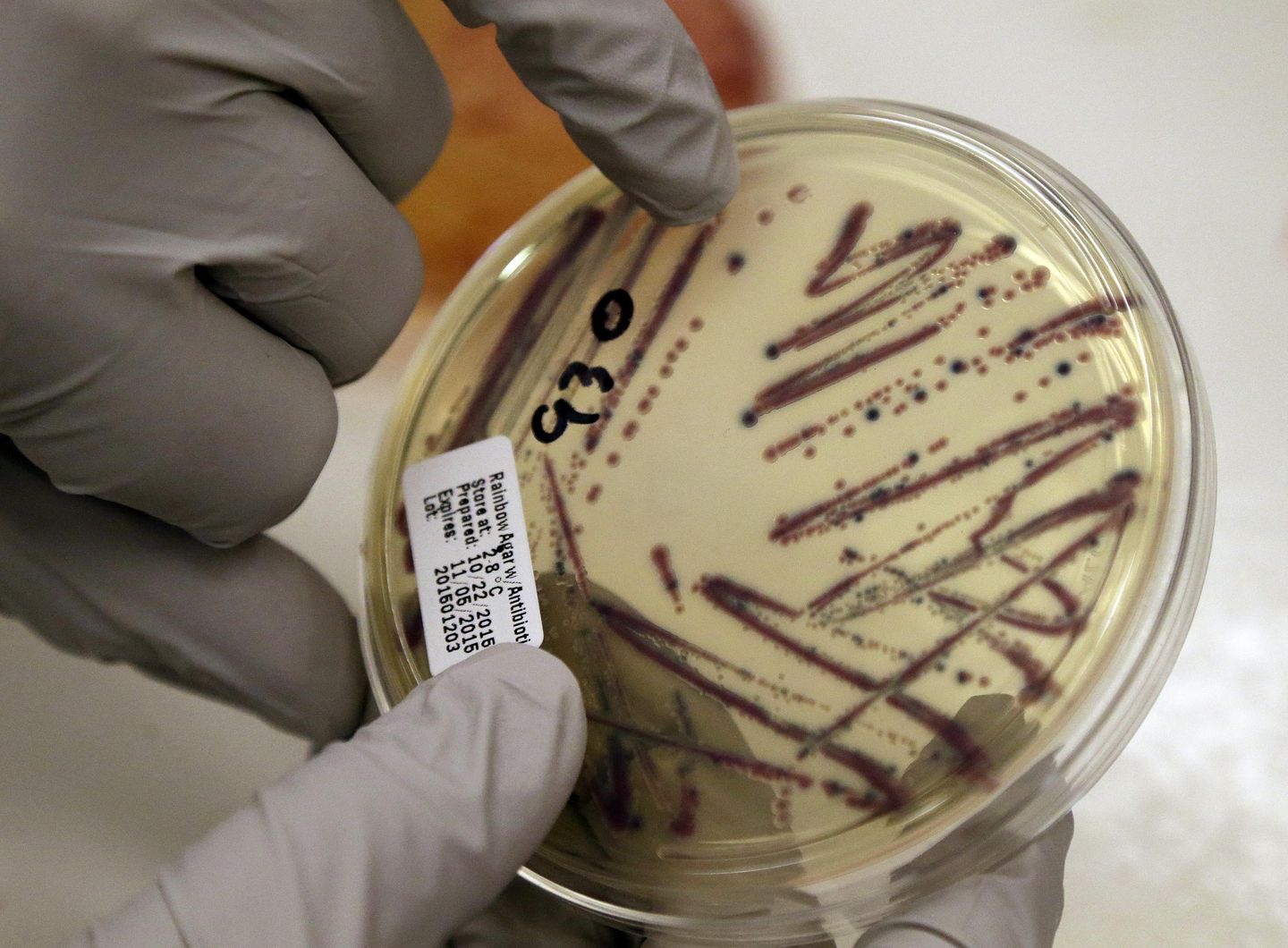
A toxin produced by a strain of E. coli found in the human gut may be contributing to the sharp rise in colon cancer among young adults, according to a new study out of the University of California, San Diego.
Researchers identified the bacterial toxin colibactin, which damages DNA and leaves behind mutations. These mutations were found to be over three times more common in early-onset colorectal cancer (diagnosed in patients under 50) than in cancers that occur later in life.
In the U.S., colorectal cancer is on track to become the leading cause of cancer-related deaths in adults under 50 by 2030, according to the American Cancer Society.
“This reshapes how we think about cancer,” Ludmil Alexandrov, the study’s lead author and a professor of cellular and molecular medicine at UC San Diego, told The Telegraph. “It might not be just about what happens in adulthood — cancer could potentially be influenced by events in early life, perhaps even the first few years.”
E. coli is a normal part of the gut microbiome, and the strain that produces colibactin doesn’t cause typical food poisoning. In fact, it’s been used in some probiotic treatments. But scientists now suspect that early exposure to colibactin-producing bacteria, possibly through diet, may trigger mutations that lead to cancer.
The researchers believe colibactin exposure often begins in childhood and can alter DNA for decades before the disease appears.
The research team analyzed nearly a thousand bowel cancer genomes from patients around the world, comparing tumors from both young and older adults across 11 countries.
“If someone acquires one of these driver mutations by the time they’re 10 years old,” said Mr. Alexandrov, “they could be decades ahead of schedule for developing colorectal cancer.”
What’s driving this trend has remained a mystery until now, since most young patients have no family history of the disease and few known risk factors like obesity or hypertension.
“While the exact causes are still unclear, possible factors include mode of birth, breastfeeding, antibiotic use and consumption of ultra-processed foods,” Mr. Alexandrov told the New York Post. “We’re also investigating whether targeted probiotics could help prevent colonization by colibactin-producing bacteria.”












